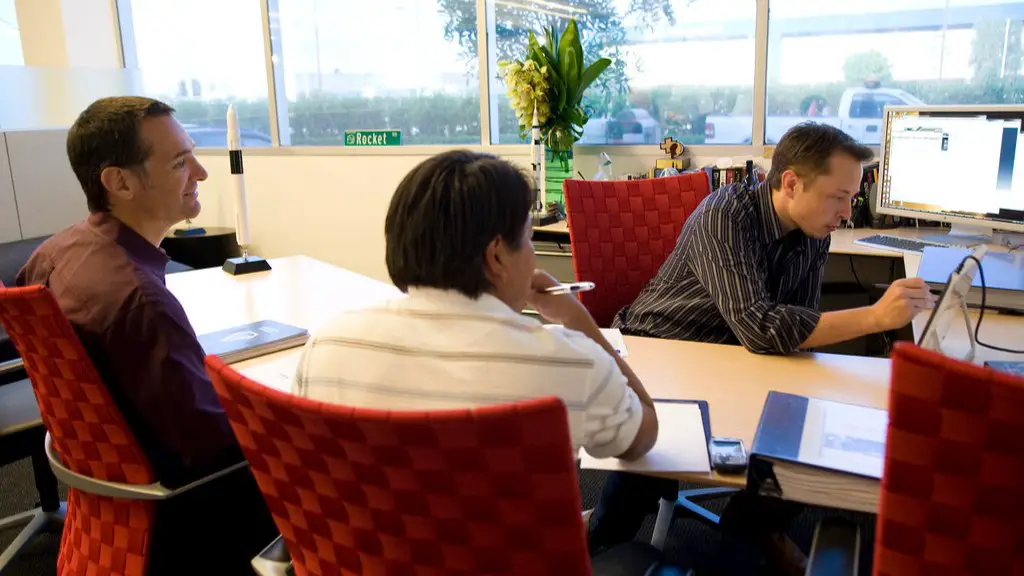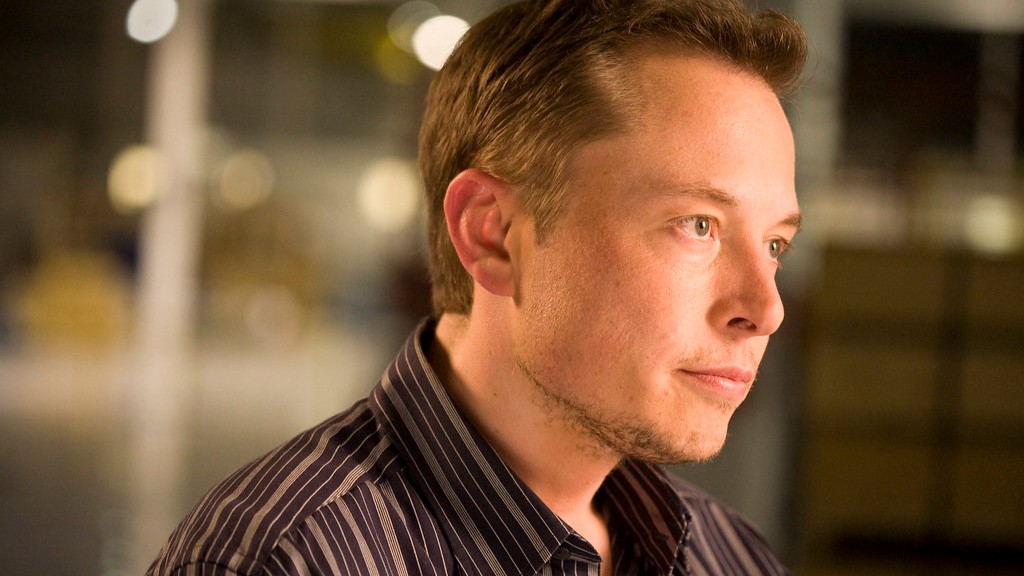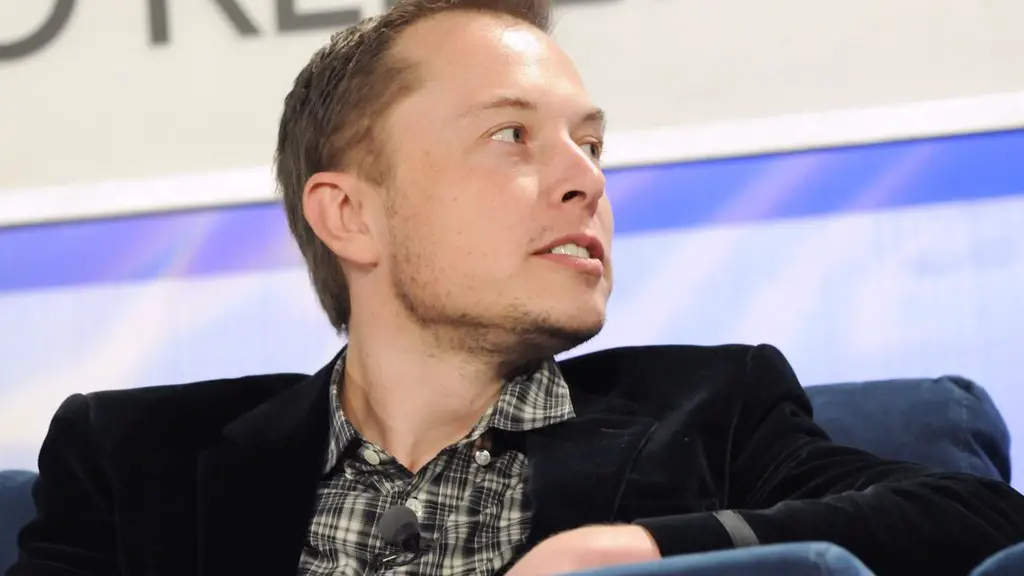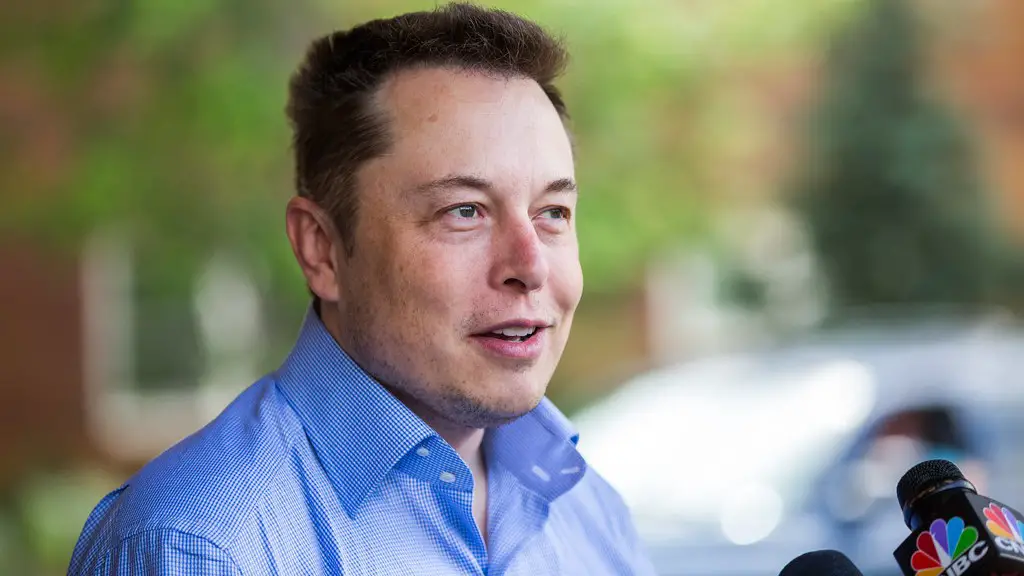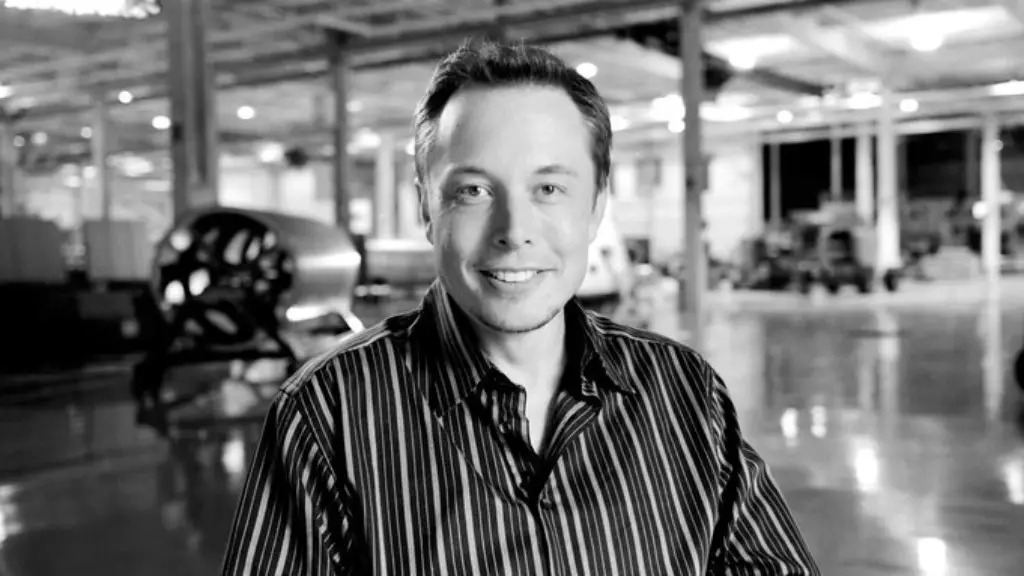In recent years, the meteoric rise of Elon Musk has been cyclonic. Undoubtedly, his title as one of the most respected and influential public figures is truly a role befitting his exceptional audacity. From his notable successes at Paypal, SpaceX, and Tesla, to his focus on sustainable technologies as necessary restraints to banish societal limitations, Musk is acclaimed even amongst powerful corporate tycoons.
The answer to the question of whether or not Elon Musk is autocratic largely depends on perspective. While many view Musk as a future oriented, benevolent risk-taker, others fear that his uncompromising control of Tesla and his other ventures signal a reactionary impulse, dictating his personal vision with little regard for the opinions and objectives of others.
To investigate this debate, we must first look at the characteristics generally associated with an autocrat. Autocracy is largely rooted in the implicit assertion of power, using executive decision-making to dictate certain actions without regard for external forces. Autocratic leadership often marginalizes stakeholders, resulting in an environment of low productivity and frequent conflict. An autocrat need not be unjust and might be in a situation where their decisions are truly the best for their organization, however their unilateral authority restricts the flow of knowledge and often causes strain between those affected by their edicts.
In contrast, Musk is often considered a progressive innovator and a proponent of decentralization. His successes thus far, he states, are largely due to a combination of “flat structures” which prioritize agility, allowing teams to rapidly adapt to situations while offering a maximum potential for improvement.
Scholars have provided intense support for Musk in this debate. One prominent professor insists that “Musk’s vision for Tesla and SpaceX is consistent with a decentralizing concept of leadership: a model which is responsive to staff and organizational needs, fast, iterative, and creative.” He went on to say that Musk “fosters a sense of responsibility in his staff and bestows trust in them in return”, an attitude which contradicts autocratic tendencies.
In summary, while pessimists may speculate that Elon Musk has a hidden autocratic agenda, it is likely more likely that those claims are rooted in fear and fantasy. Instead, what Musk exemplifies is an emphasis on the present and an aptitude for mobile decision-making, central tenets of progressive leadership. Musk continually invests in others and rewards initiative, two elements of an effective and successful leader.
Motivation
A common feature of autocratic leadership is a lack of motivation among workers, resulting from a dearth of incentives or rewards. Yet, few can dispute the obvious ripple of hope and inspiration which Musk and his successes have conveyed, both to passionate visionaries and the average person. His alignment with the broader goals of humanity, such as his commitment to declare war on dementia and developing sustainability solutions, have empowered many to pursue revolutionary goals.
Moreover, Musk’s efforts are not self-serving or exclusively commercial in focus. Rather, he has taken great strides in donating his resources to a variety of charities which span from education to public health. His $30 million pledge to a fund focussed on paediatric health is a testament to his personal commitment with the physical and mental well-being of people.
Finally, Musk has provided families and students alike with useful opportunities, such as internships at Tesla, wherein they can gain exposure to truly innovative projects and make a difference. His open-mindedness and sense of risk-taking translates into a type of motivation which stems further than merely financial means, constructing an environment where passionate individuals can construct and refine their own innovative ideas.
Innovation
As a CEO, Musk is undeniably ambitious and thus seeks to attain excellence in all of his endeavours. To pursue solutions which will have a lasting impact and benefit to a broad population, Musk has focussed his energies on remaining at the edge of innovation. From the impressive new technology essential to the functioning of Tesla vehicles to the reusable rocket technology at SpaceX, his singular focus on the latest technology is evidence of his commitment to providing real-world change.
The financial aspect of Musk’s innovation trajectory is also noteworthy. Wealth creation is one of the constants surrounding Musk for although profits have been known to fluctuate a great deal during his endeavors, the common element is that these projects often result in significant returns. This is clear proof that Musk’s advanced approach to technology and his ability to push things to the edge of new experiences are far-reaching and profitable.
Additionally, Musk has consistently placed emphasis on values such as sustainability, safety, and internationalism throughout his work. His recent collaboration with the World Bank to provide international payment solutions exemplifies his grasp of values-oriented leadership, insofar as this project has sped up the flow of capital whilst being mindful of the less fortunate.
Criticism
For a public figure of his standing and influence, Elon Musk has weathered his fair share of criticism. From Tesla’s troubled track-record with safe working practices to the controversies around his tweets slamming analysts, Musk’s direct style of communication has often caused tension. The implication often drawn from these criticisms is that Musk is unresponsive and controlling: an autocrat.
However, judging from empirical and scholarly evidence, a fully justified interpretation of this behaviour might be seen as a simple insistence on non-convenience as a result of the apathy of other decision-makers. Indeed, the professor noted previously specifically highlights Musk’s “commitment to the objectives of his staff” and his willingness to “address changes in methodology and process” as far away from autocracy as one can get.
What’s more, Musk’s idiosyncratic methods of communication which often disrupts the narrative of corporate bureaucracy and might be more viewed as a reflection of his ability to adapt, rather than a testament of his autocratism. By circumventing the lack of transparency and responsiveness which often comes with bureaucracy, Musk demonstrates a willingness to be available, as reflected by his willingness to directly interact with the public through social media platforms.
Incidental Obstacles
While Elon Musk has earned his reputation by his refusal to be bound by the traditional notion of a single, all-knowing leader, he is not without his blunders. With each of his projects, Musk has experienced numerous unexpected obstacles initially unseen and entirely external to his own industry.
The Volkswagen scandal has caused tremendous discomfort for Tesla, as it affects consumer trust in the automotive industry as a whole. Musk’s burning desire to revolutionize this space has been soured somewhat by the conflicting interests between conglomerates and economic forces. Additionally, the troubles surrounding an adverse earthquake in Japan have hampered Musk’s plans of expand Tesla’s production of lithium-ion batteries for a number of months.
These obstacles, however, have served to not only propel Musk further along the path of innovation, but have unintentionally taught him the importance of negotiations and compromise. His ownership of SolarCity, for example, a company which provides renewable energy production, has provided him a vehicle to concentrate on far-reaching sustainability measures in the face of global climate change.
Political Influences
Because much of Elon Musk’s business operations are heavily intertwined with politics, his personal character, as well as his successes, have been regularly linked to his political motives. Despite being a vocal supporter of Donald Trump and his policies, it’s important to note that Musk’s views are seemingly independent from his own personal interests.
In fact, the advances which the Trump administration has made with regards to the development of commercial space travel have actually worked in Musk’s favour. Concrete instances of such include Trump’s decision in 2019 to replace the Obama-era regulations which would have shifted taxing authority for goods and services in space from local governments to the federal government; a measure favoured by Musk and his team.
Much of Musk’s intentionality around supporting the current administration may stem from his acute realization of the difficulties which small startups face when attempting to gain governmental support. However, in the cases where interests collide, Musk is quick to shift direction, making sure to align himself with forces whose ultimate objectives are for the continued betterment of humanity.
Environmental & Technical Issues
In spite of Musk’s proactive stance towards the green revolution, some level of concern must be raised as to the potential environmental consequences of his work. Critics argue that, while Tesla has demonstrated admirable devotion to supporting the renewables industry, its short-term objectives of mass production and distribution must be duly controlled in order to mitigate any significant long-term damaging effects.
Another potential issue which may hinder Musk’s ambitions, at least in the short run, is the inability of current technology to keep up with the rate of his innovation. The computer and information technology industry, despite considerable leaps in recent years, still possesses thresholds to rapid scaling and widespread integration. To what extent Musk’s ventures may be affected by this has yet to be fully understood.
Finally, the inherent difficulties of Elon Musk’s mission of interconnecting Earth, Mars, and the stars to create a viable industry space remains arguably his greatest hurdle. Although plans have been laid and teams assembled, the ultimate successfulness of such an endeavor remains in the hands of many external parties, from governments to other tycoons.
